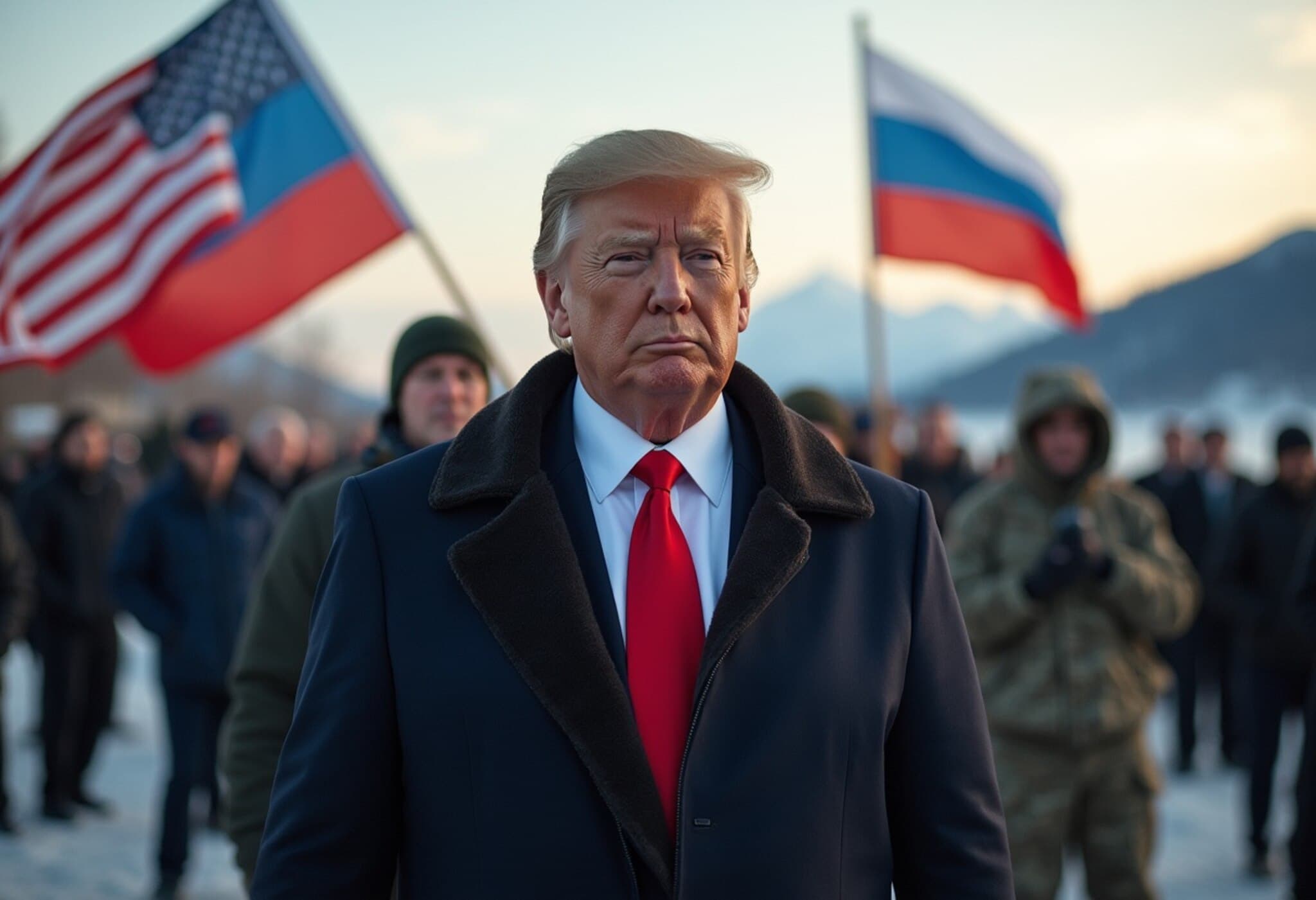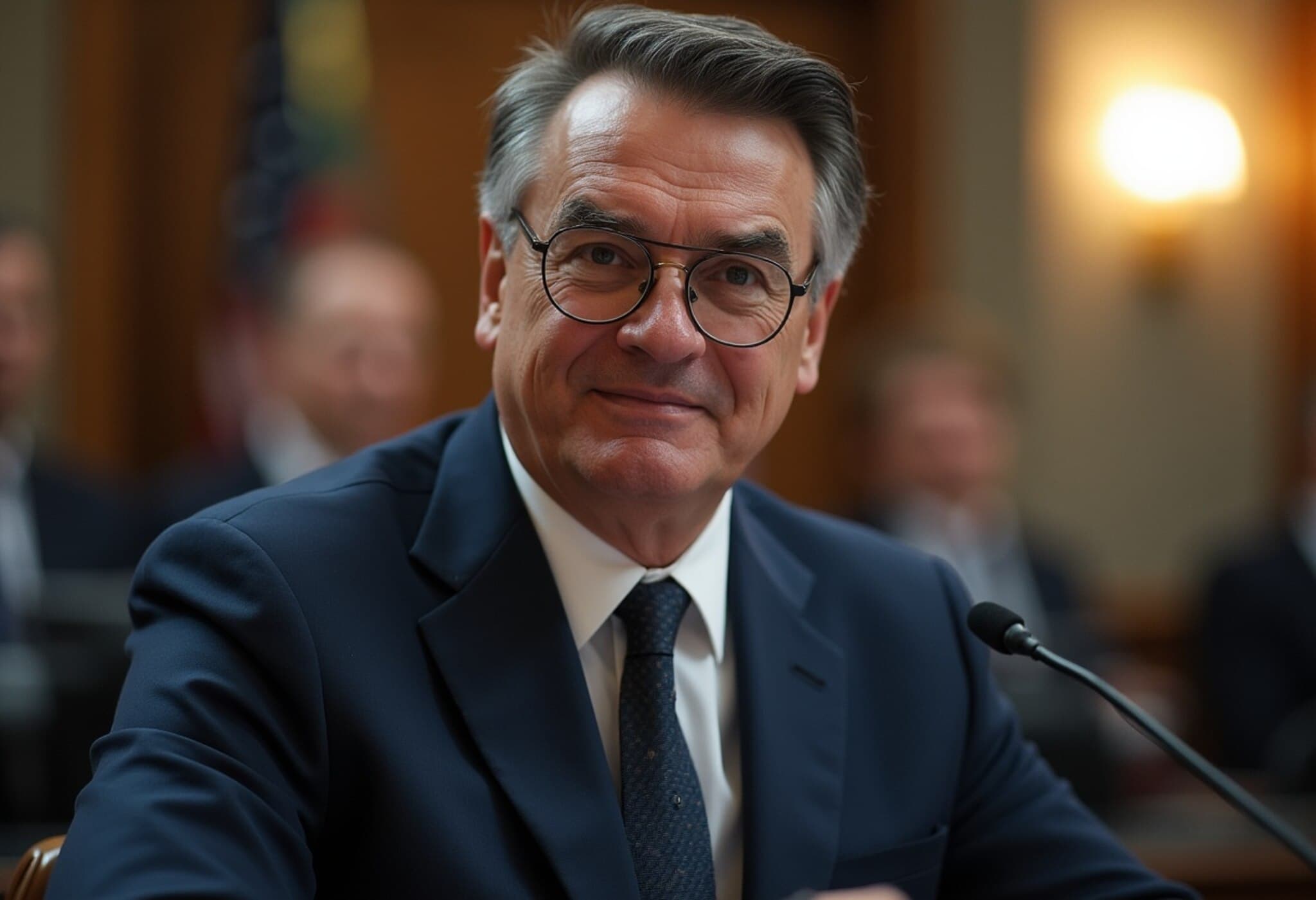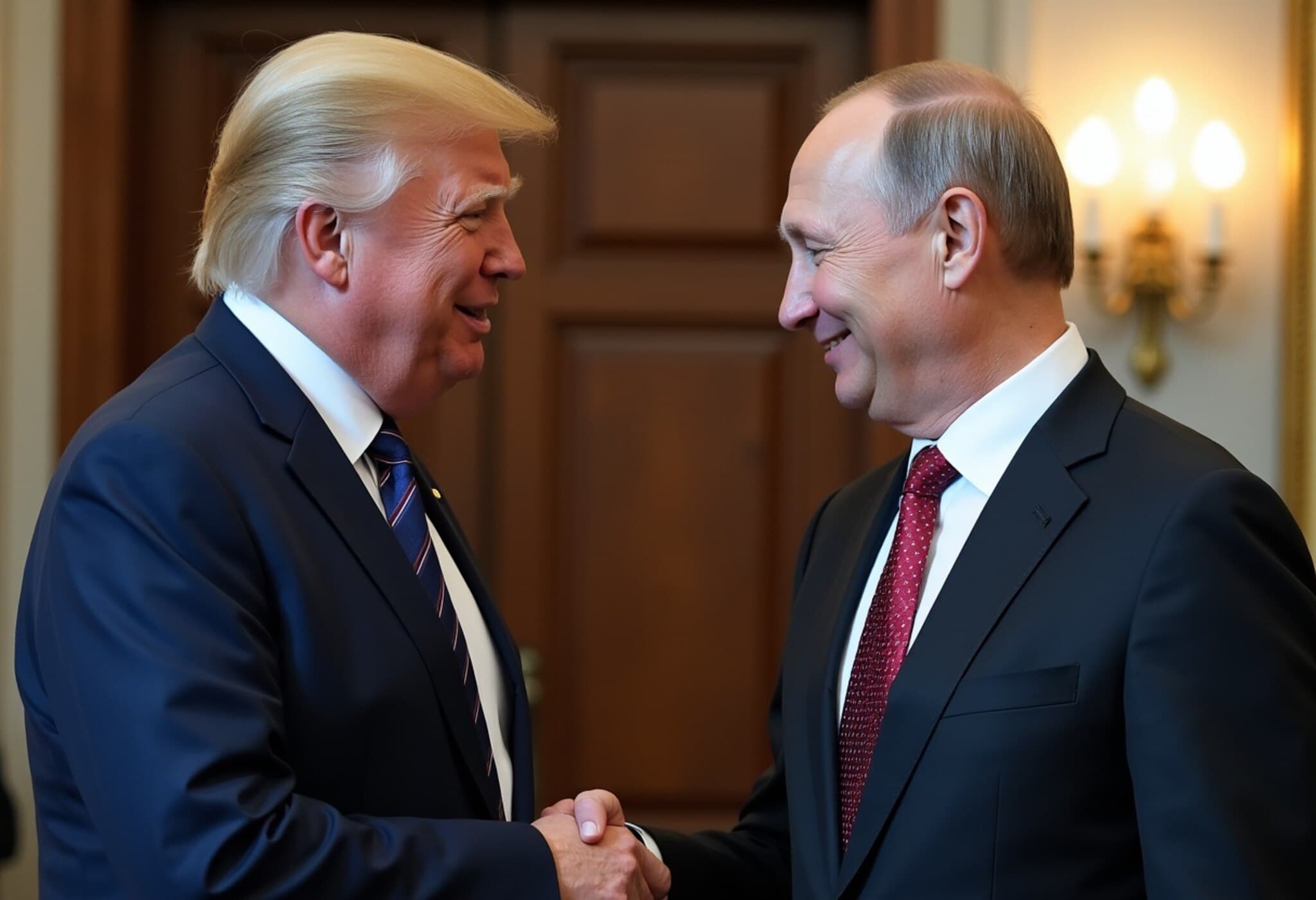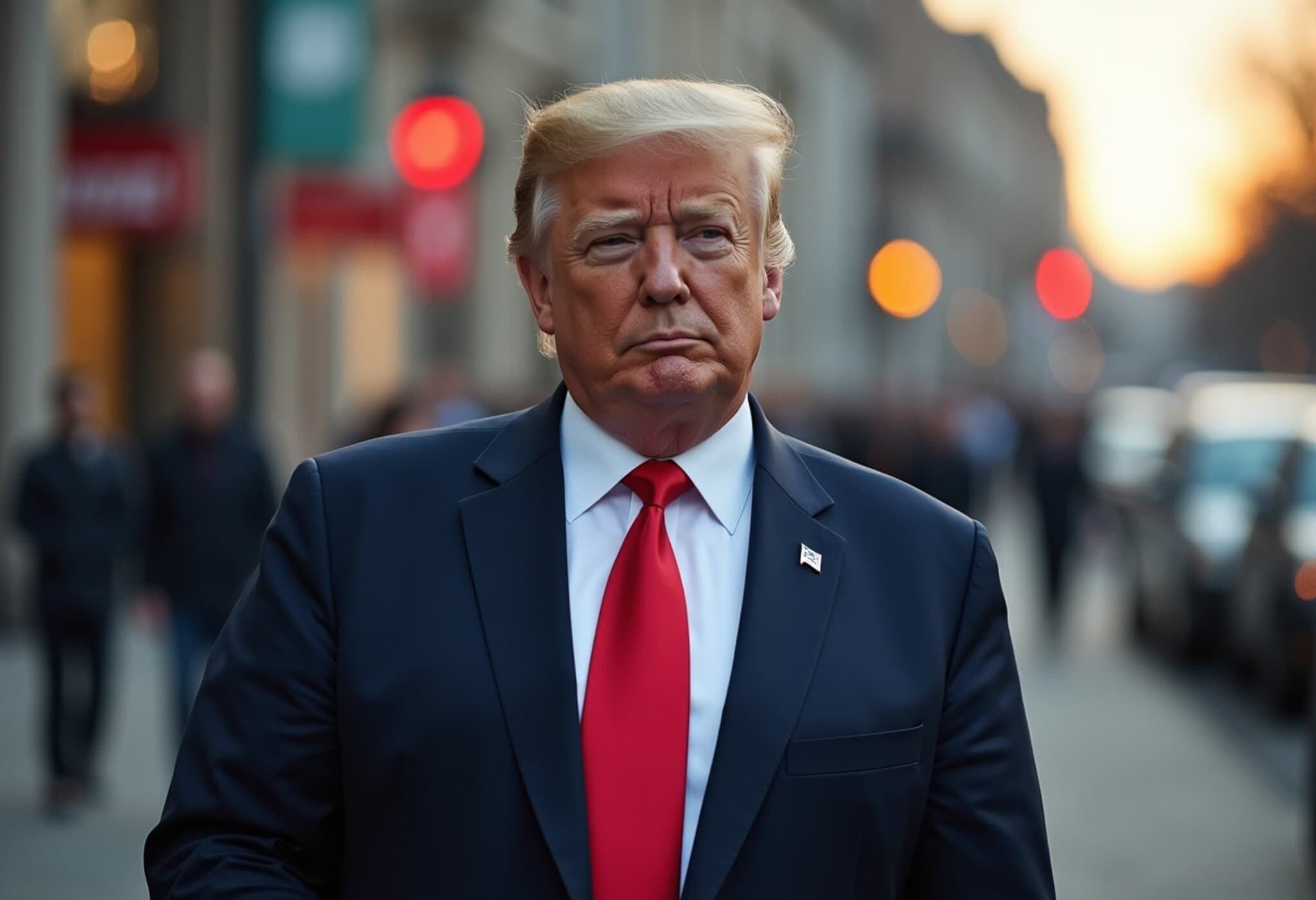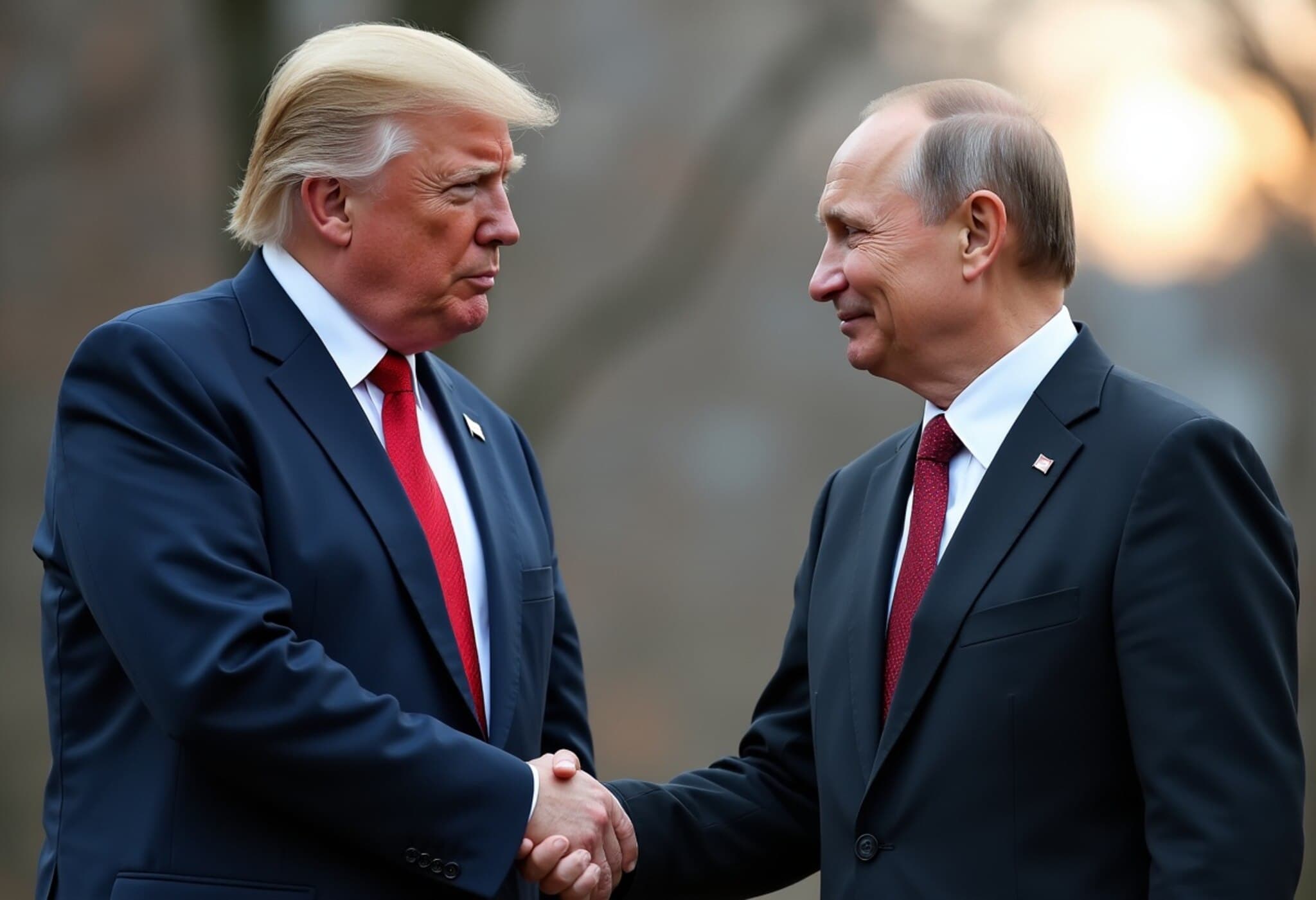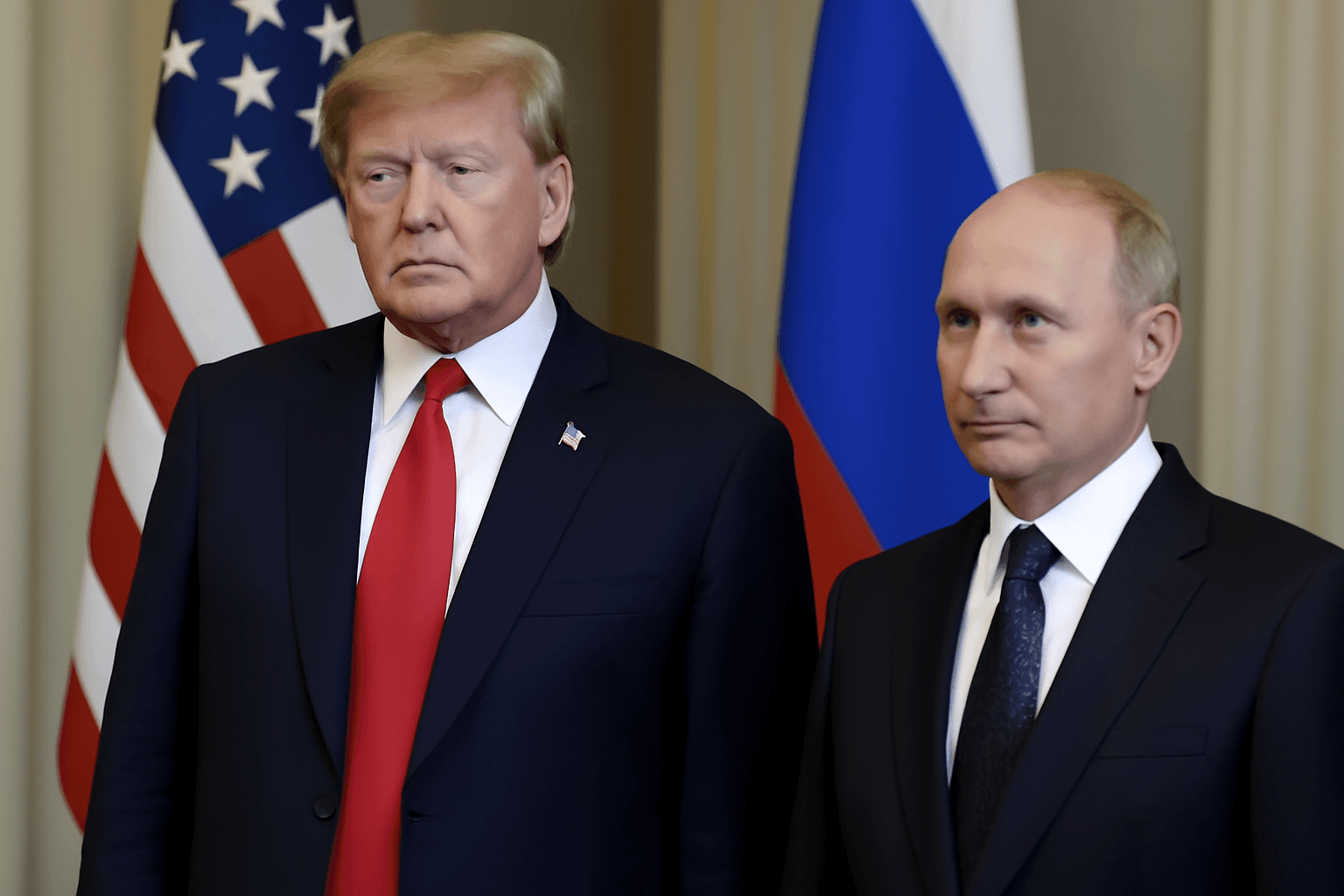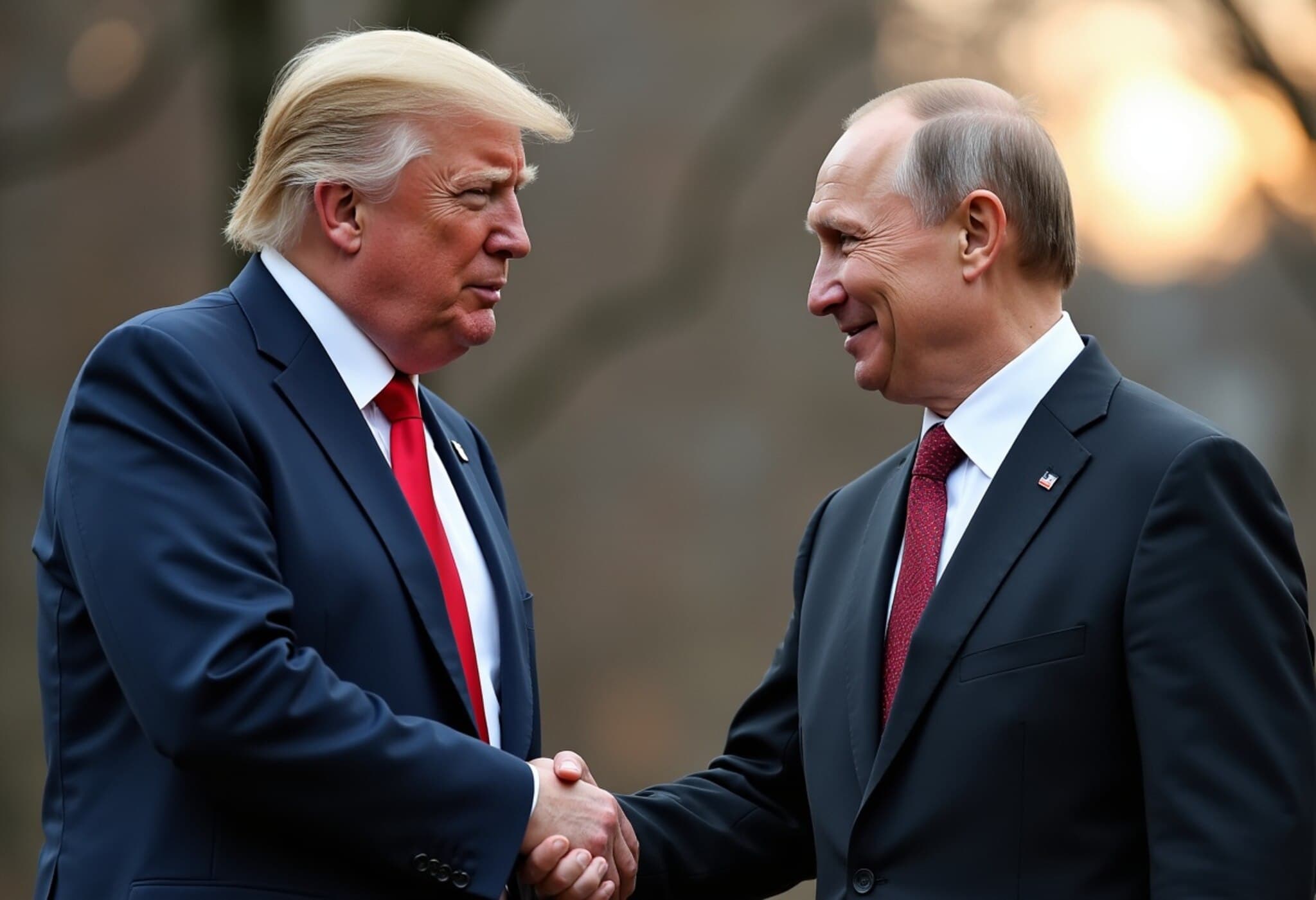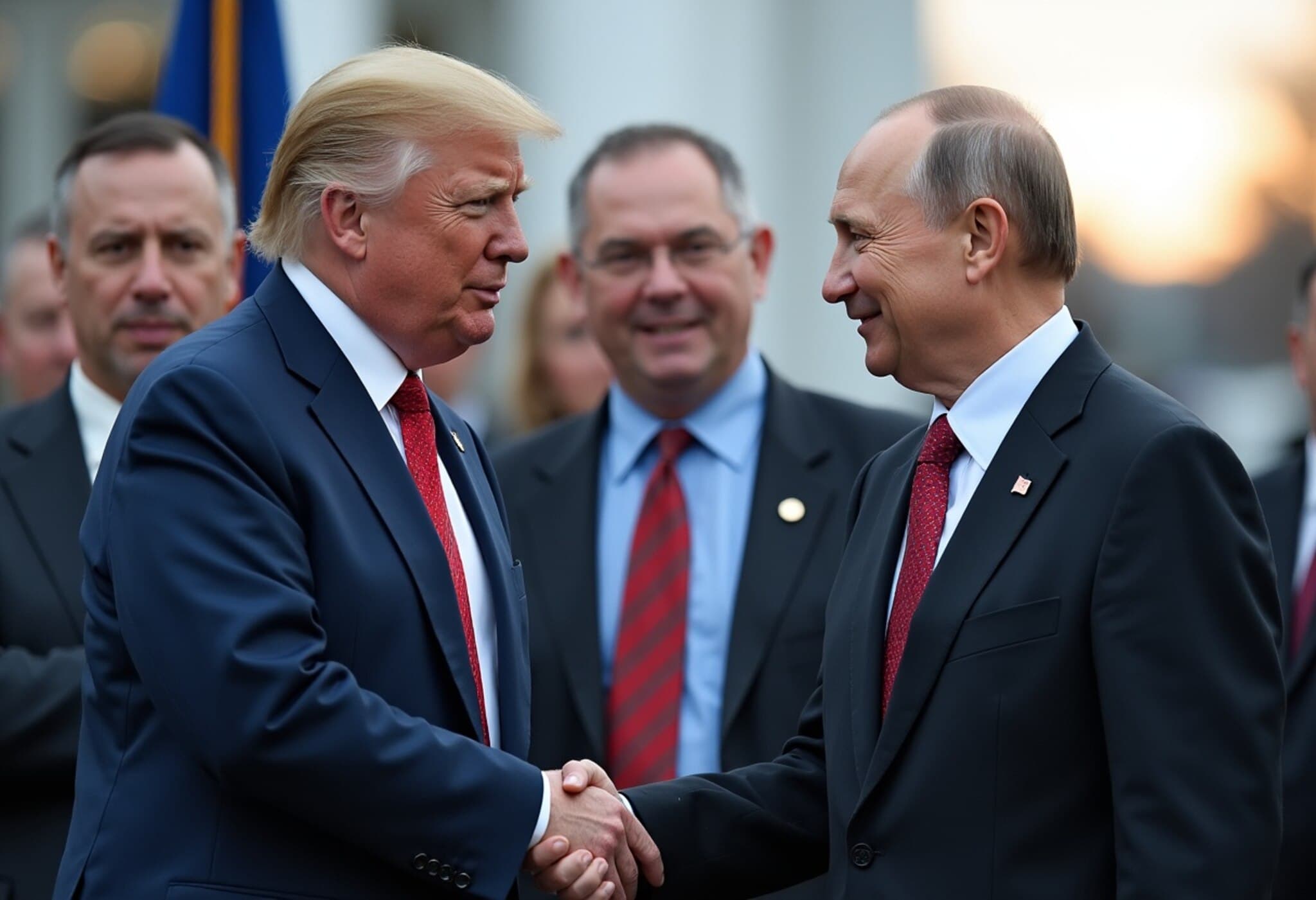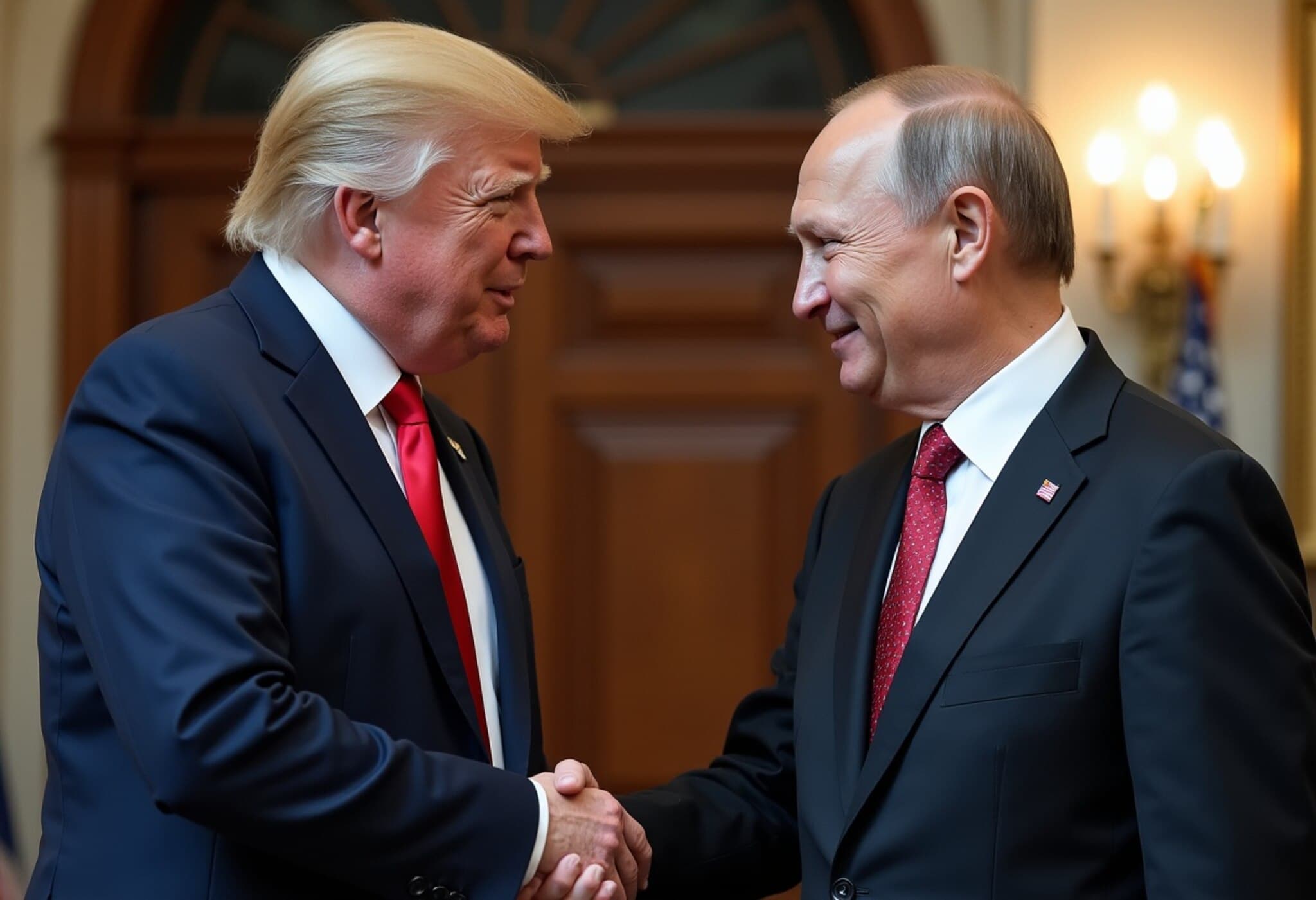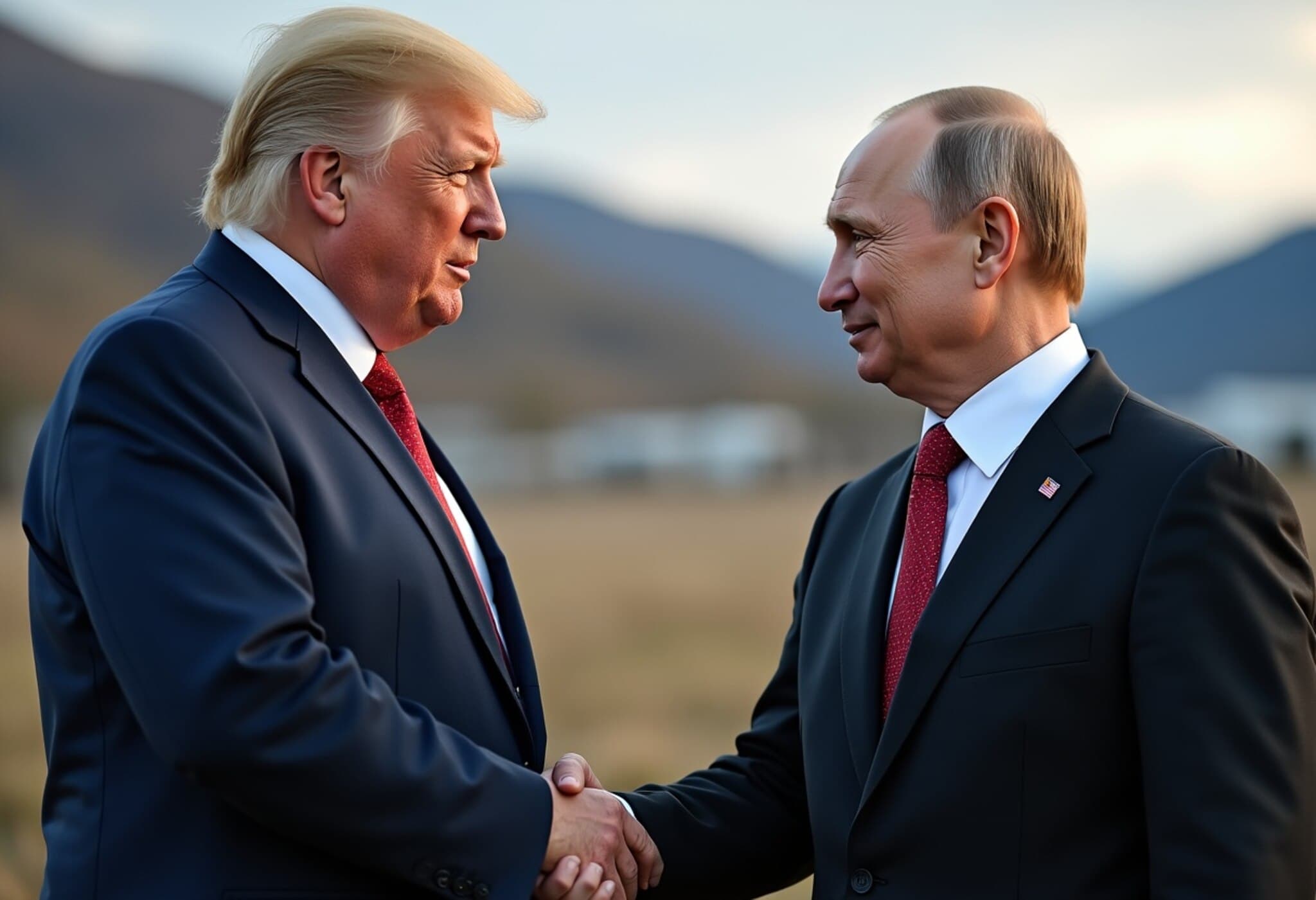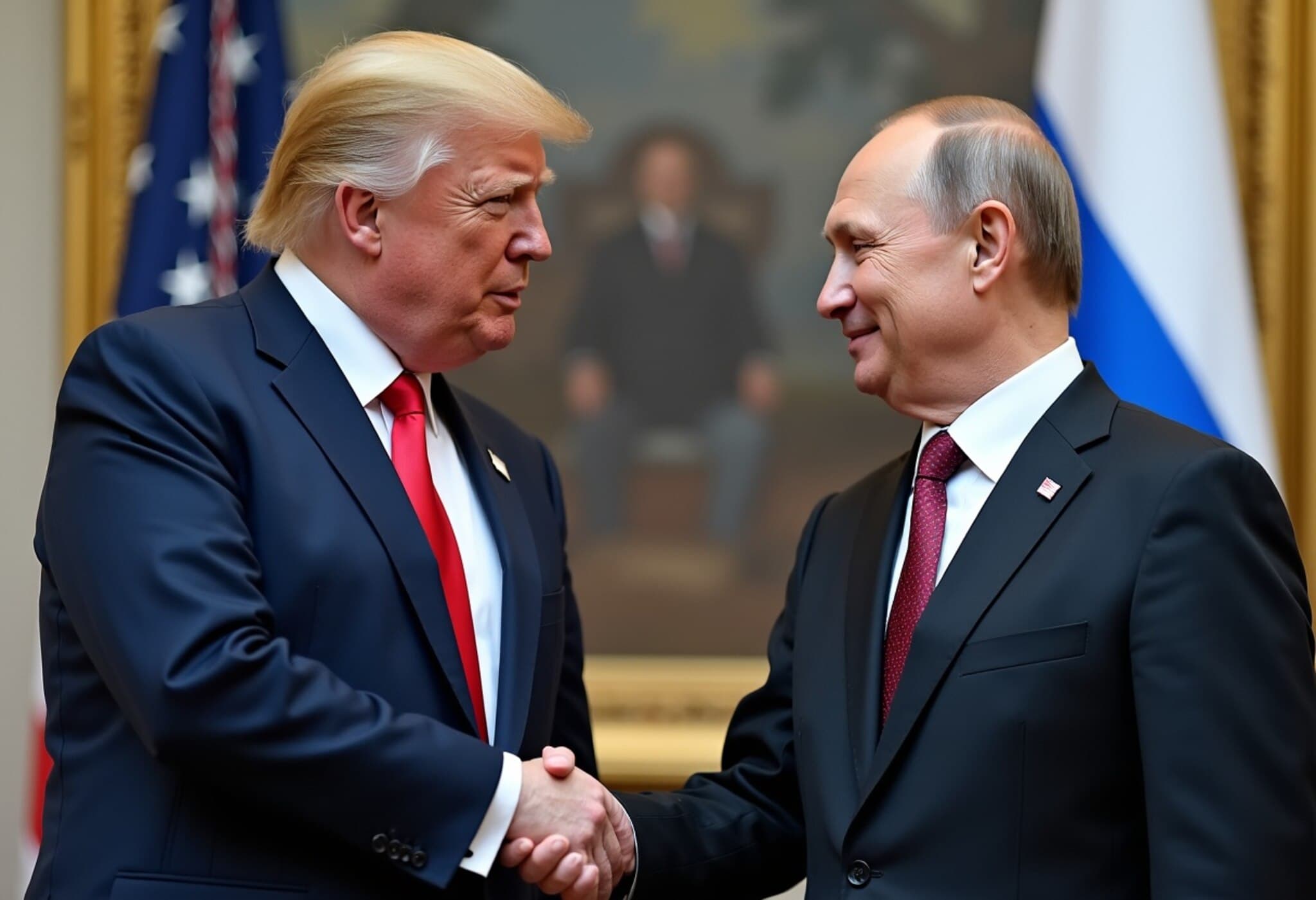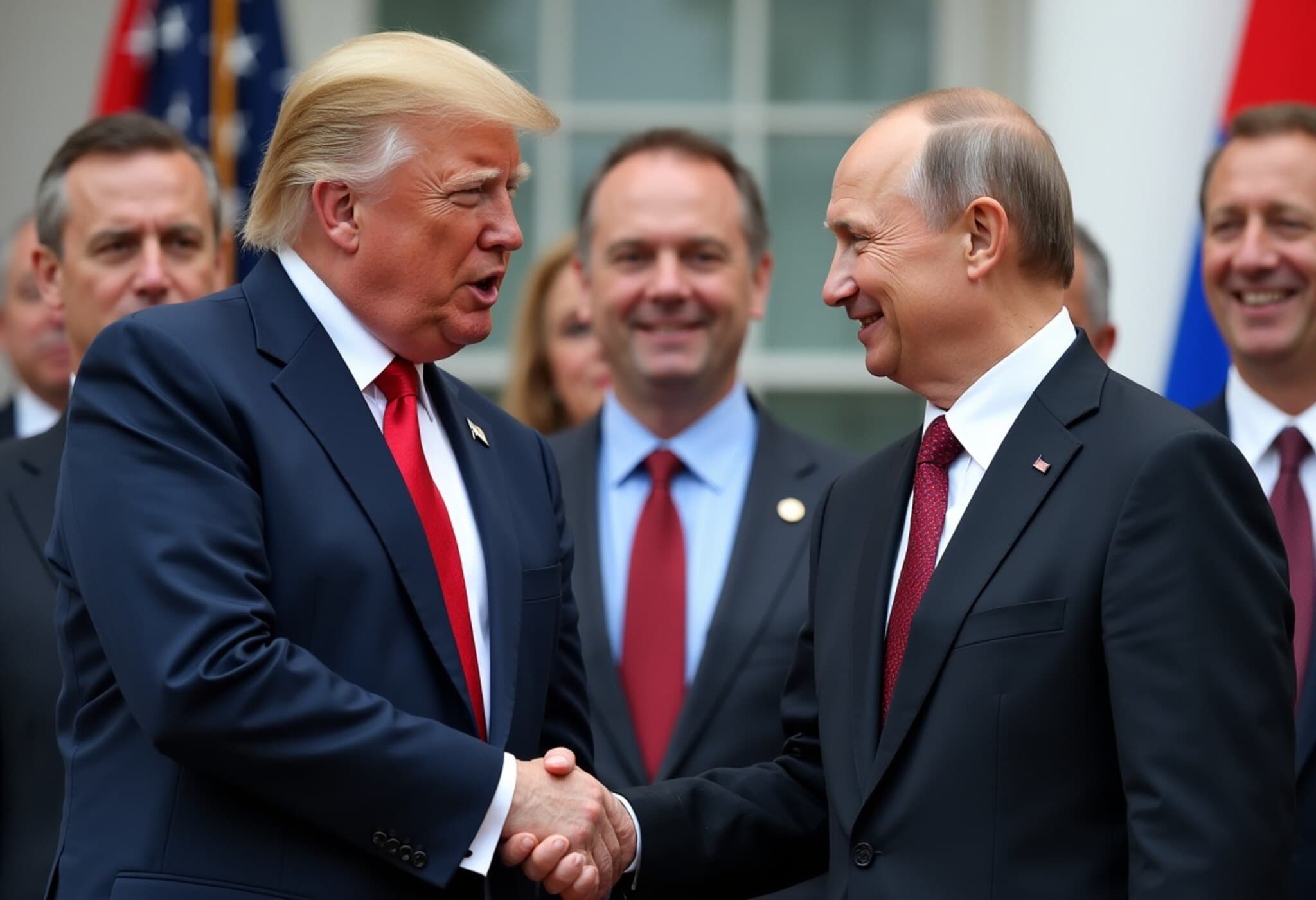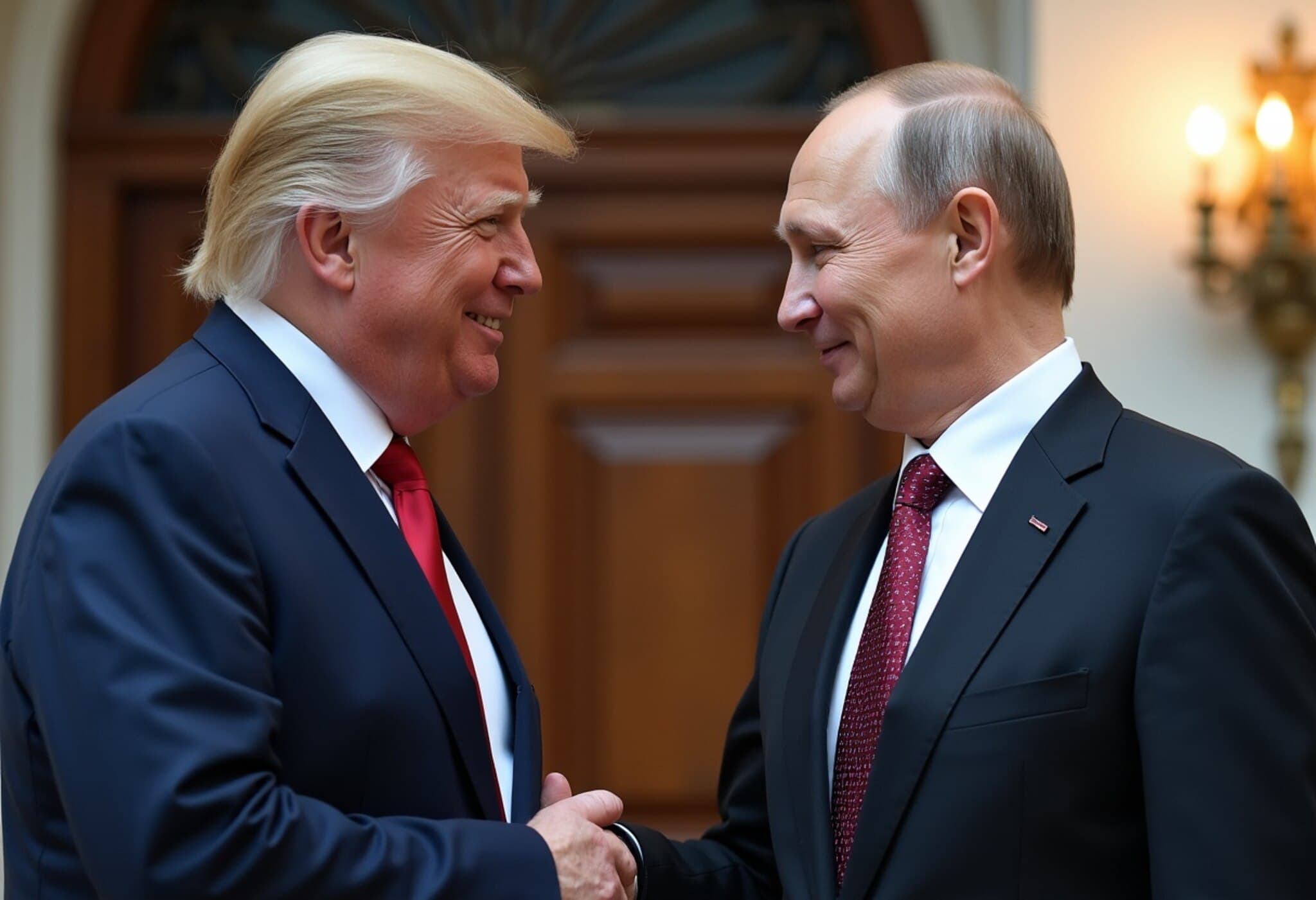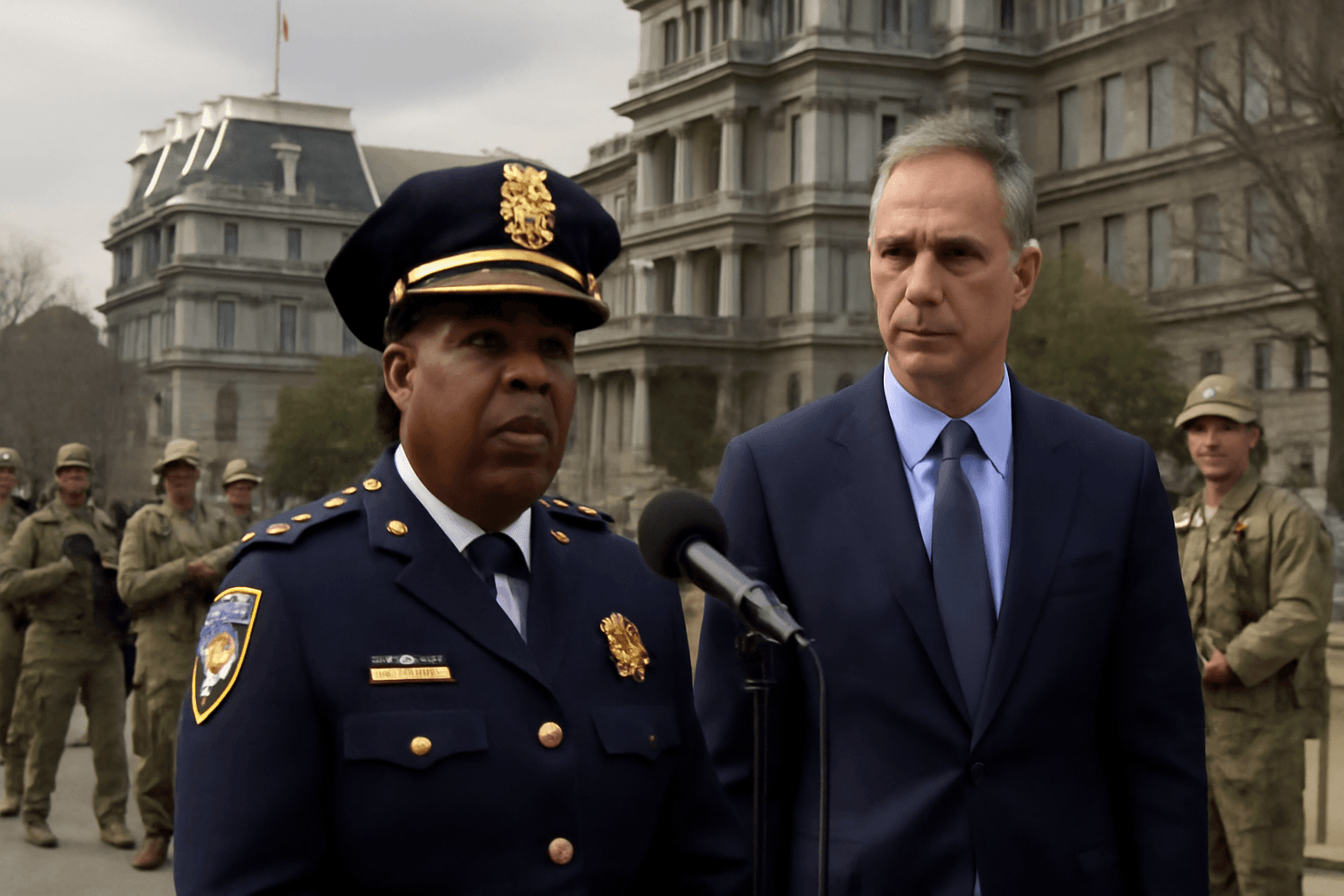Anchorage Residents Voice Mixed Reactions Ahead of Trump-Putin Summit
As US President Donald Trump and Russian President Vladimir Putin convened for high-stakes talks at Joint Base Elmendorf–Richardson near Anchorage, Alaska, local residents found themselves caught in a maelstrom of emotions — ranging from anger and anxiety to cautious hope. Situated just 30 minutes from the city, the meeting sparked protests, prayers, and debates reflecting the complex sentiments of this strategic border community.
Protests Highlight Deep Frustrations
Among the demonstrators was Hanna Correa, a 40-year-old immigrant from Ukraine, who joined a roadside rally waving Ukrainian flags. "Putin is supposed to be in jail, and yet he just arrives here like this," she remarked tearfully in an interview with the BBC. Correa expressed gratitude for American support but lamented the absence of Ukraine’s President Zelenskyy from the summit, underscoring a feeling of exclusion amid global diplomacy.
Veteran Alaskan Christopher Kelliher voiced his disdain more bluntly: "It's gross. Putin doesn’t belong in our state, much less our country." Reflecting a segment of community distrust, Kelliher condemned the administration’s stance, saying, "We have an idiot in the White House that will kowtow to this guy."
Religious Communities Seek Hope Through Prayer
Faith communities in Anchorage responded with spiritual solidarity. St Tikhon Orthodox Church held a three-day prayer vigil, with Priest Nicholas Cragle describing the ongoing war in Ukraine as "particularly painful and close to the hearts of many parishioners." He expressed cautious optimism, hoping the meeting marks "a turning point toward ending the conflict." This perspective illustrates how local institutions grapple with global crises on deeply personal levels.
Supporters Welcome Diplomatic Engagement
Not all voices were in opposition. Don Cressley, visiting from North Pole, Alaska, praised the leaders’ willingness to engage directly. "This is a good idea. I wish Zelenskyy was here too—let’s get this thing over with," he said, emphasizing the urgent need for peace amidst devastation in Ukraine. Cressley lauded Trump’s efforts toward a ceasefire, reflecting a segment hopeful that dialogue could stop the destruction and human suffering.
Security Concerns Amid Ongoing Military Activity
Alaska’s proximity to Russia generates palpable unease. Russian military aircraft are regularly spotted near the state, keeping residents vigilant. Anchorage native Russell Wilson warned, "Although the Cold War is over, Russia still patrols our skies. Without strong leadership, we could face a threat similar to Ukraine's situation."
However, some locals dismissed fears of an immediate invasion. Kelliher, while critical of Putin, confidently remarked, "Not really worried, everyone here owns a gun." This comment reflects a uniquely American cultural lens through which security concerns are often framed, adding a local nuance to the broader geopolitical discourse.
Contextualizing the Summit in U.S. and Global Policy
The Trump-Putin meeting in Alaska takes place against a backdrop of persistent tensions stretching back decades, now complicated by Russia’s ongoing war in Ukraine and the global ramifications of that conflict. For the United States, Alaska represents not just a strategic military outpost but also a frontline for vigilance against influence—and possible aggression—from its near-peer adversary.
Experts highlight that the symbolism of hosting such a summit near Alaska cannot be overstated. It brings into sharp relief the intersection of global diplomacy and local realities. Residents along this remote frontier live daily with the echoes of geopolitical friction, reminding policymakers of the tangible human dimension to international negotiations.
Underreported Narratives: Voices of the Border Community
What often gets missed in high-profile meetings are the perspectives of border communities themselves, who not only witness but directly experience the consequences of international conflict. This event shed light on that dynamic, revealing a mosaic of hope, fear, skepticism, and resilience.
Questions remain: Will this summit lead to concrete diplomatic breakthroughs, or will it deepen divisions? How will the voices of local communities influence national policy vis-à-vis Russia? And critically, how can the inclusion—or exclusion—of Ukraine’s leadership affect the legitimacy and outcomes of these talks?
Editor’s Note
The gathering of Presidents Trump and Putin on Alaskan soil serves as a potent reminder that international diplomacy invariably resonates deeply within local communities. While elected officials debate policy, the people closest to geopolitical fault lines grapple with immediate concerns about security, identity, and justice. This story underscores the importance of grounding global discourse in human realities, emphasizing that peace is not just a matter of summits but an urgent quest for those living at the nexus of conflict.
Readers are encouraged to reflect on the multi-faceted impacts of diplomacy and consider how regional perspectives, often sidelined, enrich our understanding of global events.

